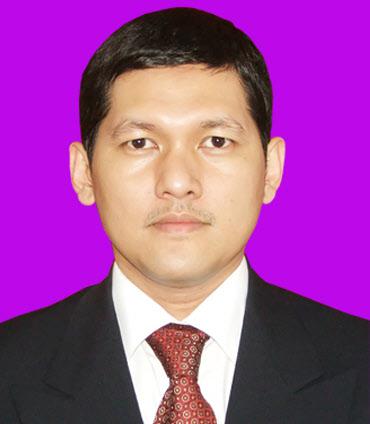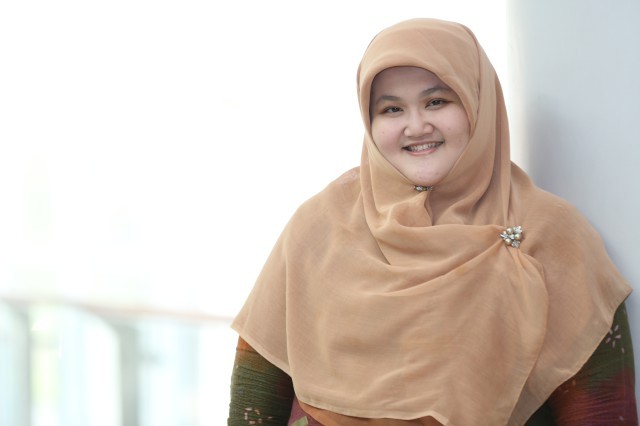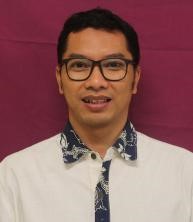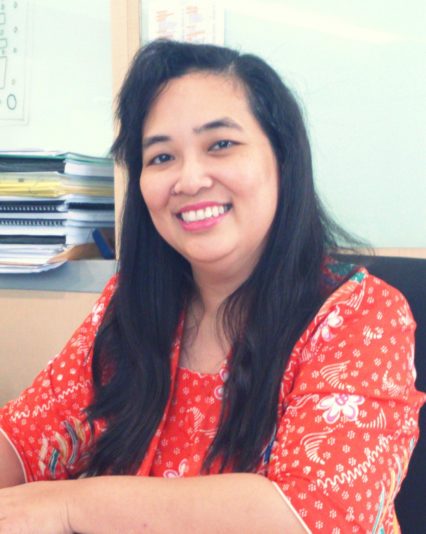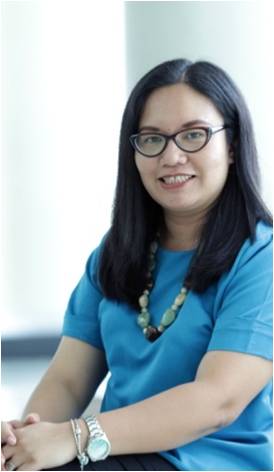Case Document
PT. PUCO: STRUGGLING ON BECOMING INDONESIAN VALVE MANUFACTURE
FAKE NEWS: A LOOK AT COMPLETELY UNTRUE HEADLINES
In a world where democracies are important, news organizations play a crucial role in the development of modern society. In other words, media organizations significantly influence society through their content. The character of the media is interesting in this regard. The media serves as a surveillance for public institutions and society, but media outlets are also business entities with the baggage of potential bias and interests that come with money.
As the press has grown into a massive and powerful existence, especially with the emergence of online media, there has been a significant change in reporting news from things that already happened to things that are happening. However, in order to provide 'real-time' news, the essence of journalism, which should strictly rely on the verification of facts, seems to be often neglected. Some of the most important aspects of the media's social responsibilities lie in the areas of ethical journalism, news accuracy, and media bias. The failure to appraise upon those aspects might cause public misinformation and, in the Indonesian context, social conflict.
In 2017, in West Kalimantan, Maman Budiman, a 53-year-old man was on March 26 attempting to visit his son in Amawang village in Mempawah regency when he was beaten to death by local people who suspected him of preying on children. Maman, who was a trader in petai beans (bitter beans), had been intending to deliver some rice and other foods to his son, Tedi (26) when he stopped to ask for directions. He was brutally bashed and detained at the village hall. At the time, false information on “massive” child kidnapping was being spread in the country through social media and chat apps which lead people to believe it. As people rely more on social media for news, there is a real risk of fake news hijacking Indonesian democracy. It is crucial that Indonesian schools teach children to practice critical thinking, so they can distinguish between facts and lies because media have a strong influence towards our children these days in order to get the standard perspective of the news and prevent bias on news media.
BUSINESS AND IT’S SUPPLIER: TAKATA AIRBAG RECALL
THE THREE-WHEELED GIANT: THE BAJAJ GROUP CASE STUDY
Bajaj Auto went from a small company in one town in India to being a world leader in vehicles, finance and other areas.
For the people of Jakarta, Indonesia the bright orange three-wheeled bajaj used to be a very common sight. In recent years the blue model, which uses natural gas, has taken the place of the once ubiquitous orange model. Similarly the citizens of Bangkok, Thailand are accustomed to the ever-present so-called tuk-tuks or “'sam lor' (three-wheeled)” (Tuk-tuks in Bangkok, 2018). In many countries and numerous Indian cities (Mani, 2010) these three-wheeled vehicles are an important part of daily transportation.
What many people don’t realize is all these vehicles, also known as auto-rickshaws, originate from one very successful Indian company, in fact, one Indian family, the Bajaj family. The company was founded in 1926 by “humanitarian, freedom fighter, philanthropist, social reformer and a devoted Mahatma Gandhi follower,” Jamnalal Bajaj. (Jamnalal Bajaj Foundation, 2018)
The company that created the common three-wheeled auto-rickshaw has become a world leader in two and especially three-wheeled vehicles. The company, started by an Indian man in the 1920s has become an extremely successful diversified group of companies.
TAUZIA HOTELS’ CORPORATE SOCIAL RESPONSIBILITY (CSR): A STAIRWAY TO HEAVEN
THE BALLADS BETWEEN AREMA AND JOKO SUSILO: SEPARABLE OR INSEPARABLE?
PT SUMMARECON AGUNG TBK: THE CONSTANT PURSUIT OF PERFECTION
PT NEW HOPE INDONESIA OPENING NEW OPPORTUNITY OF THE DAY-OLD CHICKS (DOC) PRODUCT
GARBAGE CLINIC INSURANCE: TRASH PAY YOUR HEALTH INSURANCE
PROMISES FACEBOOK WITH PRIVACY USERS
Facebook was released on February 4, 2004 by Mark Zuckerberg along with 4 other friends such as Eduardo Saverin, Andrew McCollum, Dustin Moskovitz and Chris Hughes.
Since 2004, Facebook has introduced some of the features contained in the website. The News Feed feature introduced in 2006 allows users to communicate and view their friends' activities on the website. It also allows for direct advertisement to the user's News Feed. In 2007, Facebook introduced the Beacon feature, which collects data about its user activities, focusing on the habits of user shopping activities.
Beacon Tool is used to track user's search data and purchases from partner sites, Facebook then broadcast this information to the user's network. No need to wait too long, this feature reaps a lot of controversy and protests from the online community. Many communities believe that the Beacon Tool is a privacy violation and a user agreement violation by the company. The Beacon Tool records Internet activity of Facebook users and sends this activity back to Facebook which then publishes across the network of Facebook users. The Beacon Tool is applied to all Facebook users by default.


